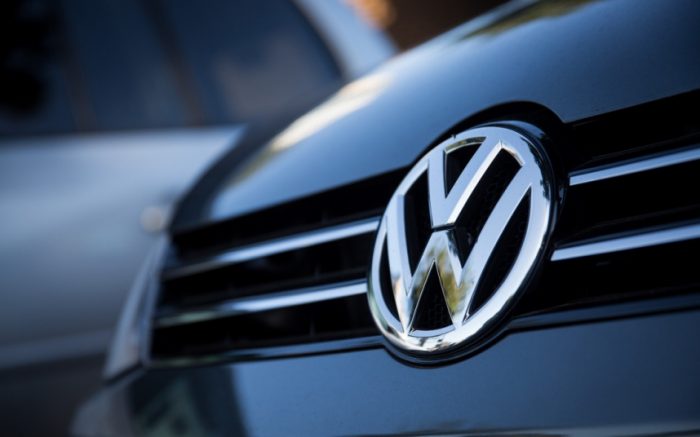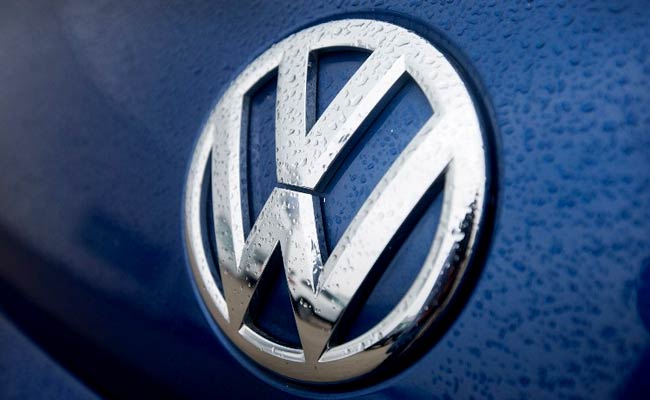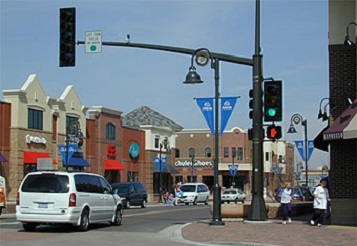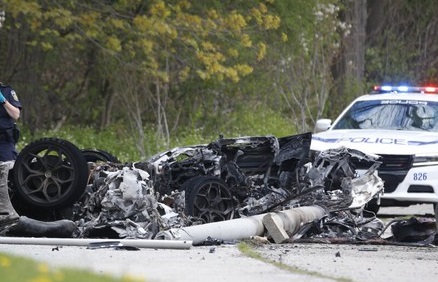Now Reading: Volkswagen confirms new investment cycle for factories in Brazil
-
01
Volkswagen confirms new investment cycle for factories in Brazil
Volkswagen confirms new investment cycle for factories in Brazil
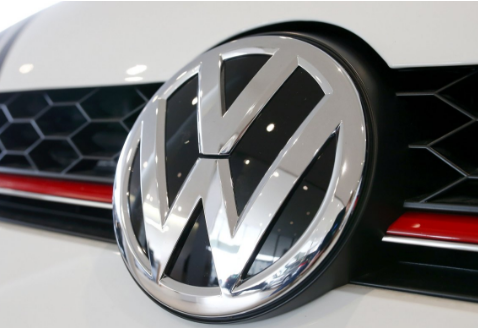
Volkswagen has finalized a commitment to introduce a new investment cycle in Brazil, the continent’s top auto producer, its chief executive for South America informed Reuters in an interview on Friday.
“We have defined (the investment) and we already stopped production at our factory in Taubate to prepare the new platform,” said Pablo Di Si, Volkswagen’s CEO for South America.
Di Si refused to discuss the specifics such as the size of the investment, which will replace the present investment cycle that was declared in 2016 with a commitment of 7 billion reais ($1.34 billion).
That cycle was originally set to end in 2020 but the timeline was stretched out when the coronavirus crisis hit.
In 2021, the automaker has become Brazil’s best-selling brand, displacing General Motors years. This was also because GM’s production in Brazil has been more disrupted than Volkswagen’s due to a global chips shortage.
Di Si said the information about the investment will be revealed by global CEO of Volkswagen Passenger Cars Ralf Brandstätter in a trip to Brazil later in the year.
The factory located in Taubate presently produces two compact cars, the Sedan Voyage and the hatchback Gol. Di Si did not mention what will happen to those models, whether they will be upgraded or changed.
“The investment will reinforce our product portfolio as one of the most important brands in terms of market share,” he said.
Volkswagen, like its competitors around the world, has been focusing more and more on developing larger vehicles, such as SUVs and pickup trucks at the expense of compact cars, both due to the higher profitability of larger vehicles. This is also because consumers are seeking those products more.
“It’s a trend that will only accelerate,” Di Si said.
“It’s not that the entry-level segment will disappear, but one sees how the segment is becoming drastically smaller,” he added.
Stay Informed With the Latest & Most Important News
Previous Post
Next Post
-
 01Polestar Boss Says It’s Time To Outrun BMW M And Mercedes-AMG
01Polestar Boss Says It’s Time To Outrun BMW M And Mercedes-AMG -
 02Spy Shots: 2027 Mitsubishi Pajero Spotted in Testing Ahead of Possible U.S. Return
02Spy Shots: 2027 Mitsubishi Pajero Spotted in Testing Ahead of Possible U.S. Return -
 032026 Toyota Hilux EV: A Powerful Truck with Silent Torque
032026 Toyota Hilux EV: A Powerful Truck with Silent Torque -
 04Spy Photos: VW ID. Polo GTI Goes Electric with 223 HP and 280 Miles of Range
04Spy Photos: VW ID. Polo GTI Goes Electric with 223 HP and 280 Miles of Range -
![2027 Mercedes-Benz S-Class Debuts with V8 Engine [Photo Gallery]](https://speedlux.com/wp-content/uploads/2026/01/2027-Mercedes-Benz-S-Class-33-155x125.jpg) 052027 Mercedes-Benz S-Class Debuts with V8 Engine [Photo Gallery]
052027 Mercedes-Benz S-Class Debuts with V8 Engine [Photo Gallery] -
 06The Controversial Ford Voodoo V8 That Was Killed Off Too Early
06The Controversial Ford Voodoo V8 That Was Killed Off Too Early -
 07Hyundai Palisade’s Breakout Year Shows How Quickly the Market Can Turn
07Hyundai Palisade’s Breakout Year Shows How Quickly the Market Can Turn


![2027 Mercedes-Benz S-Class Debuts with V8 Engine [Photo Gallery]](https://speedlux.com/wp-content/uploads/2026/01/2027-Mercedes-Benz-S-Class-33-700x394.jpg)






































